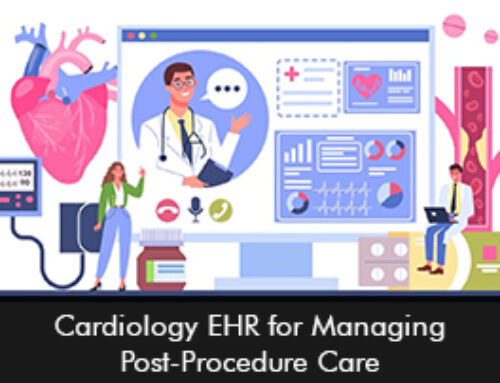The home healthcare industry is booming rapidly. The COVID-19 pandemic has increased the need for home healthcare, however, the rising number of gaining citizens with chronic conditions makes home care vital in the United States. Every fourth patient being treated at a home care agency is over 85 years old and suffering from chronic conditions.
What is home healthcare?
Home healthcare involves a variety of healthcare services delivered to people in their own homes. It entails providing medical care, aid with everyday activities, and other supportive services to individuals who may struggle to obtain or receive care in a typical healthcare setting.
Services offered by home healthcare agencies
The main aim of the home healthcare industry is to keep patients outside of the hospital. This requires specialized staff to offer effective treatment and care. The following healthcare services are provided by home healthcare agencies:
- Diabetes
- Cardiovascular disorders
- Respiratory diseases/infections.
- Cancer care
- Mobility disorders
- Wound care
- Kidney diseases
Main home healthcare industry trends
Offering specialized care to patients is an emerging trend in home healthcare. Different technology solutions can be utilized to simplify workflows and support the patient care process.
Telemedicine Software
Telemedicine EMR Software solutions have come into the spotlight to offer remote care opportunities. The Telemedicine platform can be used for patient follow-ups and non-urgent care. Specialty-specific care can also be offered via telehealth sessions these include, telepsychiatry, chronic disease management, and pre and post-surgical care. To facilitate remote care the CMS has allowed home health agencies the use of telehealth solutions under the Medicare Home Health Program.
Specialized care offerings
Traditionally, the home healthcare industry catered to senior patients with chronic conditions and diseases. Now specialized care can also be offered by home health agencies this includes:
- Brain injury
- Ventilator Care
- Veteran-specific care
- Mental healthcare
- Multiple sclerosis
The Internet of Medical Things
IoMT is the use of internet-connected medical devices, hardware, and software applications that seamlessly connects healthcare technology. The Internet of Medical Things market share is expected to touch $142.45 billion by 2026. IoMT devices are important for more acute and specialized home care.
Software Solutions to Tap for a digital transformation in home health agencies
The future of the home health industry depends on how quickly agencies transform themselves digitally. Technological opportunities need to be tapped such as certain software solutions including:
- Big data to analyze patient data.
- Leveraging a home healthcare scheduling software to streamline the scheduling process.
- Remote monitoring and telehealth to offer patient support beyond medical care.
Moving ahead
The purpose of home healthcare is to allow people to receive care in the comfort of their own homes. This helps to increase independence, enhance quality of life, and limit avoidable hospitalizations. Healthcare technology solutions can help achieve this goal by improving patient care and optimizing processes.







